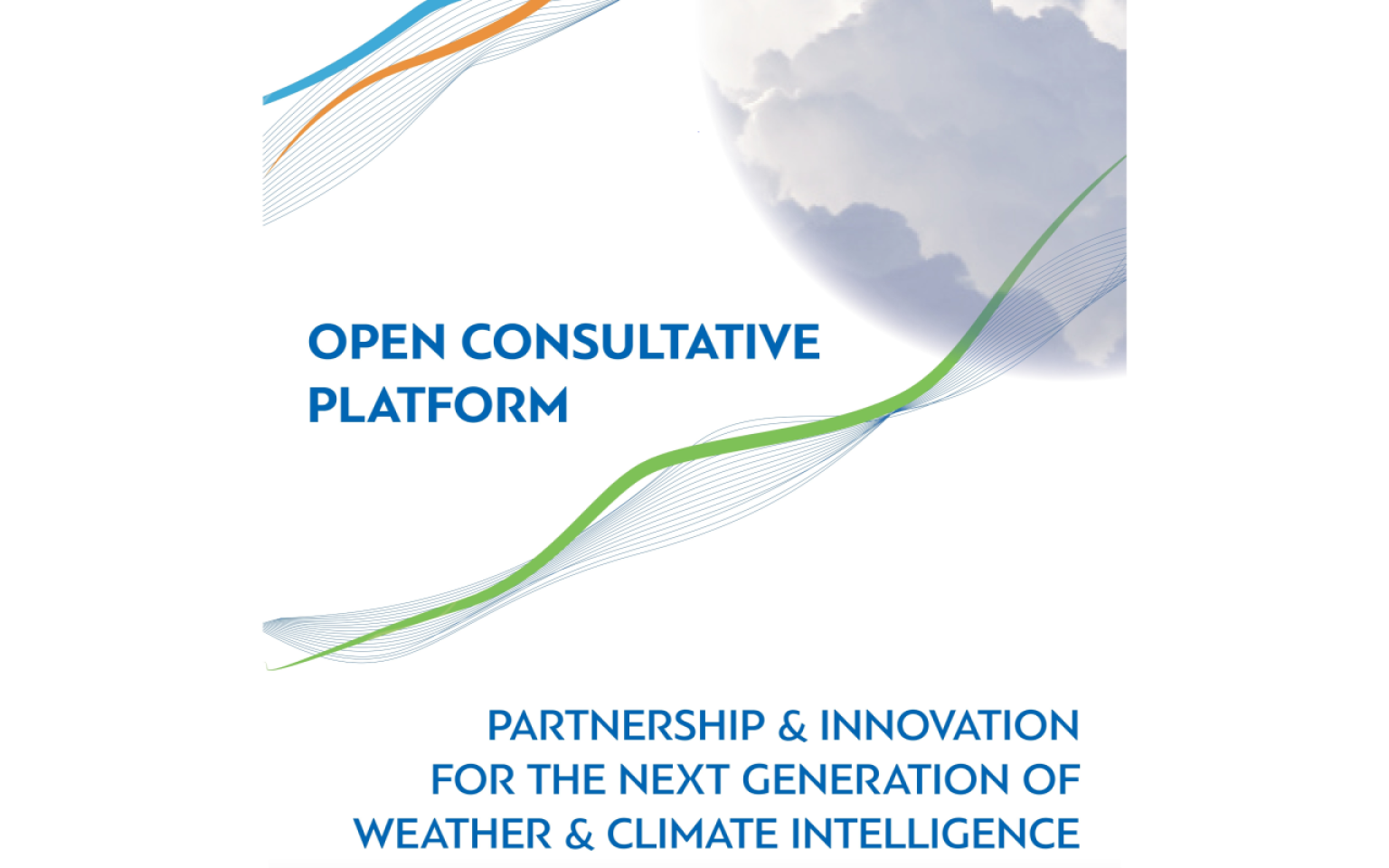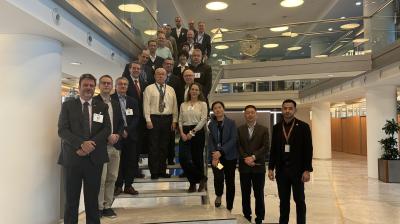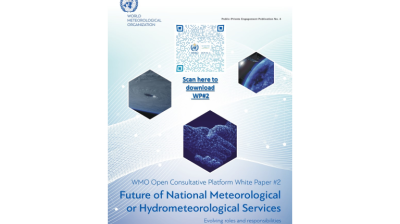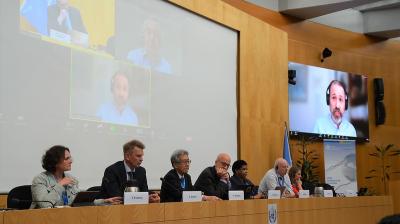Partnerships

Public-Private Engagement (PPE)
Together, with partners, WMO has developed a new approach for greater engagement between the public, private, and academic sectors, operating in the global weather arena.
WMO’s refined guidance and policies encourage and enable Members to pursue mutually beneficial partnerships and engagement with all sectors and stakeholders in order to enhance weather, climate, and water services for businesses, individuals, and society as a whole.
PPE Updates
Driven by the 2030 Agenda for Sustainable Development, WMO works with the Sustainable Development Goals (SDGs), the Sendai Framework for Disaster Risk Reduction, and the UN Framework Convention on Climate Change to frame the objectives of the Organization.
The WMO Strategic Plan 2020-2023 sets three overarching priorities:
- Enhancing preparedness and reducing loss of life, critical infrastructure and livelihood from hydrometeorological extremes;
- Supporting climate-smart decision-making to build or enhance adaptive capacity or resilience to climate risk;
- Enhancing socioeconomic value of weather, climate, hydrological and related environmental services.
The Plan recognizes the growing demand for actionable, accessible, and authoritative science-based information to address the increasing threats of extreme weather and the urgency of climate action for resilience, mitigation, and adaptation. Particularly, it addresses the need to reduce the growing capacity gap in infrastructure and services among its Members by making use of rapid advancements in science and technology and through innovative partnerships. To achieve the SDGs and the WMO Strategic Plan, different sectors and actors must work in partnership in an integrated manner, pooling financial resources, knowledge, and expertise.
The WMO strategic orientation towards an Earth System approach – and the changing data and service delivery landscape – urges the development of innovative partnerships between the various stakeholders engaged in the weather, climate and water services value chain. Since 2014, WMO has accelerated its work on such partnerships by shaping a new multi-stakeholder workstream branded Public-Private Engagement (PPE). In 2019, the 18th session of the World Meteorological Congress adopted the Geneva Declaration 2019: Building Community for Weather, Climate and Water Actions (which is available in English, Chinese, French, Russian, and Spanish from the WMO Library) – a high-level policy act manifesting the WMO position, policy and guidance on public-private engagement in support of the Sustainable Development Agenda, climate change adaptation and disaster risk reduction.
How to get involved
Public-Private Engagement (PPE) activities, including meetings and events, are made possible through joint partnerships and sponsorship. Any form of contribution, financial or in-kind, can advance the joint PPE efforts within and beyond each individual sector’s capacity.
Partners contribute to various PPE initiatives by participating in the open dialogue, identifying common challenges by writing white papers, sharing good practices, contributing to collaborative partnerships and practices, and securing financial resources to conduct joint activities. WMO welcomes the opportunity to form partnerships with governments, the private sector, non-governmental and intergovernmental organizations, academia, foundations, and associations.
Stay in touch, to follow PPE developments: Sign up for our email brief for the latest.
PPE and WMO Members
By adopting the 2019 Geneva Declaration, WMO Members reaffirmed their commitment to work more closely with a broad range of stakeholders from all sectors to meet growing societal needs. Within the WMO PPE framework, Members are encouraged to assess the status of the “national weather, climate, and water enterprise” and the associated enabling legislative environment for public-private-academic engagement and collaboration.
By establishing and guiding the national partnership dialogues, Members can build mutual awareness and trust, as well as collectively evaluate, strengthen, and innovate the entire value chain of weather, climate, and water services. Targets and success indicators could be co-developed to address diverse societal requirements and business models through such dialogues.
WMO PPE supports Members’ efforts to initiate national and regional dialogues and initiatives to build trust and enhance cooperation among stakeholders in all sectors.




















